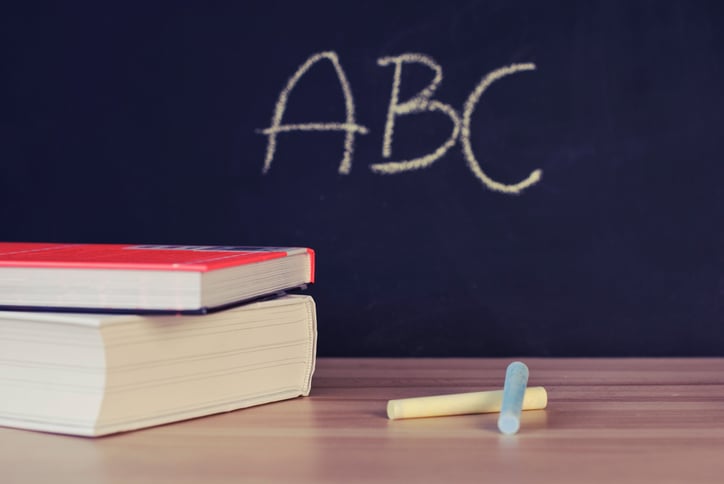
Many university students need to take out student loans to pay for their tuition, books, and other school-related expenses. As helpful as these loans are, they also require that borrowers pay them back in due time after graduating or leaving college.
When you fail to make payments or you default on your loans entirely, you invite the federal government to collect on your debt with other means. You can protect your finances and take control of your loans by learning more about student loan garnishments.
Garnishments for Student Loans
The federal government can garnish up to 15 percent of your income to recoup money that you owe in back student loan payments. Along with garnishing your wages or salary, the government can also lay claim to sources of income like Social Security or pension payments.Once garnishment begins, it will continue until your back payments are settled or the loans are paid in full. Further, you cannot escape this levy against your income if you did not graduate from college or if you are retired. You can, however, dispute or prevent a garnishment by taking some simple yet important steps to protect your finances.
Disputing Student Loan Garnishments
By law, you must be given the opportunity to dispute any garnishment that the government plans to levy against your income. You can dispute the levy based on:- Employment status like if you work part-time or you were fired
- Income level
- Procedural violations like if you were not given a 30-day advance notice or instructions on how to request a hearing
- Your loan being paid in full already
- Being current on your loan payment arrangement
- You filing for bankruptcy
- Qualifying for loan forgiveness or discharge because of factors like disability or having a terminal illness
Avoiding Student Loan Garnishments
If you have no valid reason to dispute a student loan garnishment, you can still protect your income by knowing how to prevent it. The federal government is willing to negotiate and work with defaulted borrowers. Taking corrective actions now can safeguard your income and assets in the future.
One of the best ways to avoid being garnished centers on paying what you owe in back payments or paying off your loans in full. Both of these strategies can cost hundreds or thousands of dollars, however. If you do not have the financial means to pay off what you owe right now, you can still consider other available options to you.
For instance, if you have a limited budget with which to make payments, you should ask the government for an income driven repayment plan. This plan lets you make payments based on what you earn.
The payments will be set up to be affordable so that you avoid financial duress. The plan also allows your loans to be rehabilitated and your credit score to be reinstated to what it was before you defaulted.
You also may qualify for a forbearance or deferment. A forbearance allows you to put off repayment until later.
In many cases, your lender will grant you at least a year to begin making payments. If you receive federal assistance like food stamps or welfare, you may be given a forbearance of up to three years.
You can also request a deferment if you are enrolled in college and currently attending classes. Your deferment will be extended until six months after you graduate or leave school.
The federal government has the right to pursue what you owe for your student loans. You can get caught up on back payments or consider other payment options that may allow you to avoid student loan garnishments.




